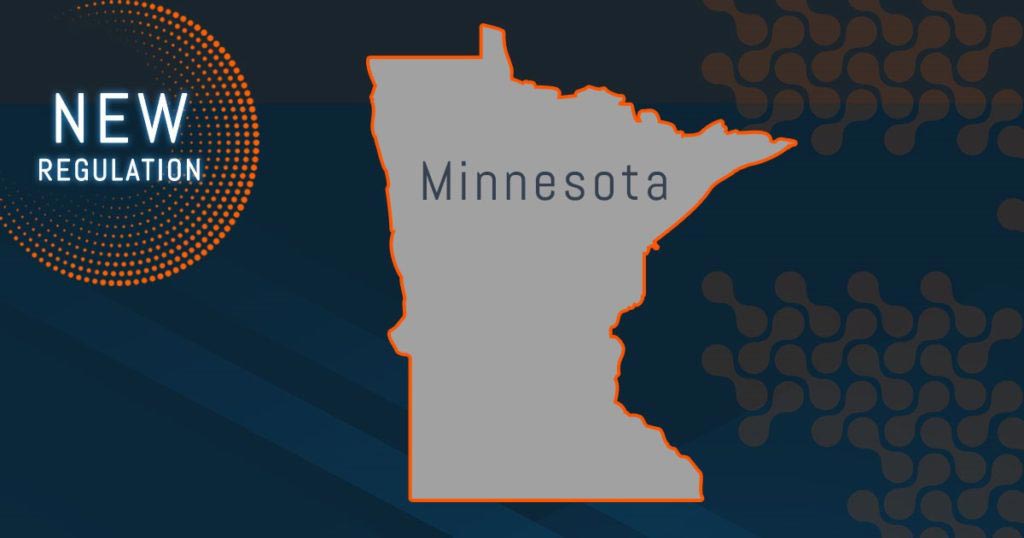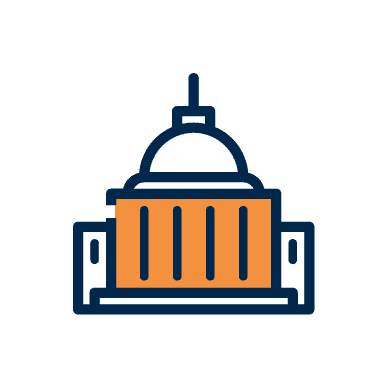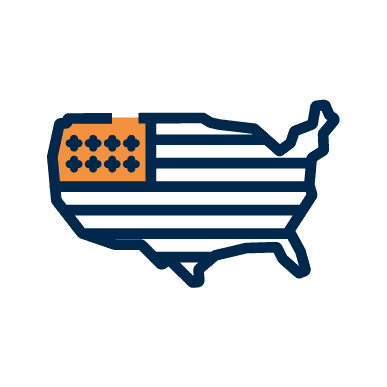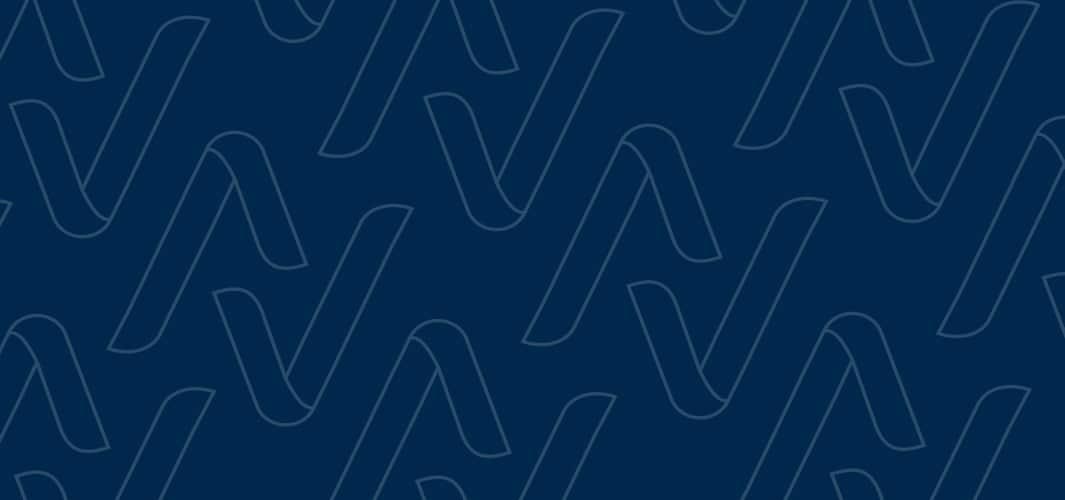
Healthcare providers are now required by law to screen the Minnesota Healthcare Programs (MHCP) Exclusion List on a monthly basis. The State legislature amended certain subdivisions of the Minnesota Statutes which went into effect August 1, 2019. Until now the MHCP Manual only included a suggestion to perform periodic checks to avoid non-compliance. Making this a binding law has numerous serious consequences which healthcare organizations in Minnesota need to be made aware of.
The Statute
By virtue of the addition of Minnesota Statutes 2018, (Sec. 115, subdivision 3, section 256B.064):
“(b) The vendor must check the exclusion list on a monthly basis and document the date and time the exclusion list was checked and the name and title of the person who checked the exclusion list. The vendor must immediately terminate payments to an individual or entity on the exclusion list.”
Vendors are prohibited to make payments to any excluded entity or individual. Failure to do so would merit certain penalties pursuant to part (d) of subdivision 3. Among them are:
- Imposition of “monetary recovery and sanctions”, which are detailed under subdivision 2, Sec. 114. Minnesota Statutes 2018, section 256B.064;
- A Civil Monetary Penalty of up to $25,000 for every violation or transaction involving an excluded party;
- Any “other fines or penalties allowed by law”
Whenever vendors confirm the excluded status of an individual or entity, they must immediately clarify if the respective party had any involvement with any of their Medicare or Medicaid beneficiaries. No further transactions can be made with individuals or entities that provide direct or indirect patient care. The requirement to do so extends to services rendered through mere instructions of these types of excluded parties. Vendors must promptly terminate their relationships with such excluded individuals or entities lest they be further penalized for being in open violation of the amended Minnesota Statute.
Vendors seeking to participate or enroll in the MHCP health programs must diligently screen MHCP’s Excluded Group and Individual Providers lists. This is in addition to the OIG’s List of Excluded Individuals and Entities (LEIE). It would be prudent to include other federal and state databases in the exclusions search as well.
Breaking Down The Numbers
The MHCP Excluded Providers lists have a combined total of 952 exclusions. There are 189 Excluded Group Providers and 763 Excluded Individual Providers confirmed as of July 1, 2019. This number is only set to grow as the MHCP updates its database monthly.
Validating a potential exclusion is different among states. There are some which provide immediate verification through an online portal and inputting a Social Security Number (SSN). Others will require an email inquiry instead of an online portal. Due diligence can be met by making such inquiry. The State of Minnesota however, as noted on their website, requires concerned parties to call them when verifying a possible concern.
Concerned vendors must call the MHCP Provider Call Center. Contacting 651‐431‐2700 or 800‐366‐5411 will help verify if the entity or individual they are dealing with is excluded. A call center representative will need either of the following details though could request for additional information:
- Employer Identification Number (EIN) or Federal Employer Identification Number (FEIN)
- SSN
- Date of birth (DOB)
Minimize the Workload
Any health compliance officer knows well how tedious exclusion screening can be under any circumstance. Now that its required by law every month, including the obligation to capture the date and time it was checked, ensuring screening accuracy can really get challenging. Using an automated exclusion screening software such as Streamline Verify provides the technology to ensure accurate checks on a consistent basis. Being that the MHCP only offers phone in verification when trying to resolve a match, exclusion screening software’s capability of storing note details has been a real boon for many.
Please refer to this resource for more helpful information on OIG Exclusion Screening.



































